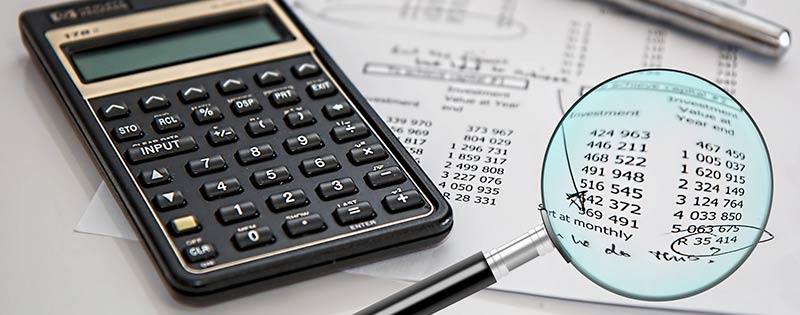by Ray Foxworth, D.C., FICC •
President & Founder, ChiroHealthUSA •
Audits are an important part of our health care system. They are a central tool in ensuring that providers remain diligent about billing properly, regardless of whether any errors are intentional. Any health care practice that has continual issues with billing that result in higher reimbursement, after all, will give the appearance of fraud, whether or not the overbilling is purely accidental.
Audits are also, of course, a big pain for your practice. They can come from private or government payers, many of which constantly audit practices for overbilling. And they aren’t going away, with many experts expecting them to increase.
So, what do you do about this ongoing, nerve-wracking chore for your practice? Our complex health care system makes eliminating them a virtual pipe dream, but there are steps you can take to minimize them. Here are some ideas on that:
1. Be Certain About Medical Necessity
Say you use a specific procedure regularly in your practice. If it turns out that you use that procedure more than your peers, you will probably set off an algorithm that a payer has set up to trigger an audit. Practitioners must not only ensure that every procedure is medically necessary, but they also have to be ready to prove it. Careful, well-organized documentation of medical necessity will be crucial in your response to any audit. Questions about the medical necessity of a procedure or test according to current medical standards can be a common reason for audits because practitioners and payers often don’t agree on what is medically necessary. If a procedure leads to repeated audits with the same payer, consider a proactive move. Research that payer’s standards for medical necessity on that procedure to ensure you’re on the same page. If you want to be doubly certain, get prior authorization.
2. Focus on Avoiding Coding Errors
The person you put in charge of billing must be competent and ready to dig into the payers’ intricate coding manuals and procedures because errors here are bound to lead to audits. Find that person who takes pride in mastering the details and hunting down relevant updates when they change without notice. As noted above, keep making the same error in billing and it will start to look like it’s not an error.
3. Timely Response Is Crucial
Timing is essential, so be sure to notify whoever is in charge of the mail to watch out for audit or billing inquiries. If you don’t file a timely response, you will lose the audit every time, whether you were right or wrong.
4. Make It Easy on the Auditor
Expect that you will get audited sooner or later and be ready for it. Make sure your documentation is organized, accessible, and readable. Transcribe any handwritten notes and be consistent in how you organize your document packets. The whole idea is to make the auditor’s job easier instead of more aggravating. That can make it more likely that things will go your way.
If a practice gets enough failed audits or denials, payers can put them on “prepayment audit” or “document hold,” which can be devastating. So absolute diligence on avoiding billing errors and audits should be a minimum standard in your practice because anything short of that is potentially a path to significant issues.









 ▶︎
▶︎  Why is the Discount Challenge prize amount $15,024? Because that is the average “per-occurrence” fine for Medicare inducements. That’s not $15,024 per patient, that’s not per provider, that’s PER VISIT. Stinks, doesn’t it? To us, the prize amount is worth the investment if we can help our profession better understand proper discounting.
Why is the Discount Challenge prize amount $15,024? Because that is the average “per-occurrence” fine for Medicare inducements. That’s not $15,024 per patient, that’s not per provider, that’s PER VISIT. Stinks, doesn’t it? To us, the prize amount is worth the investment if we can help our profession better understand proper discounting.